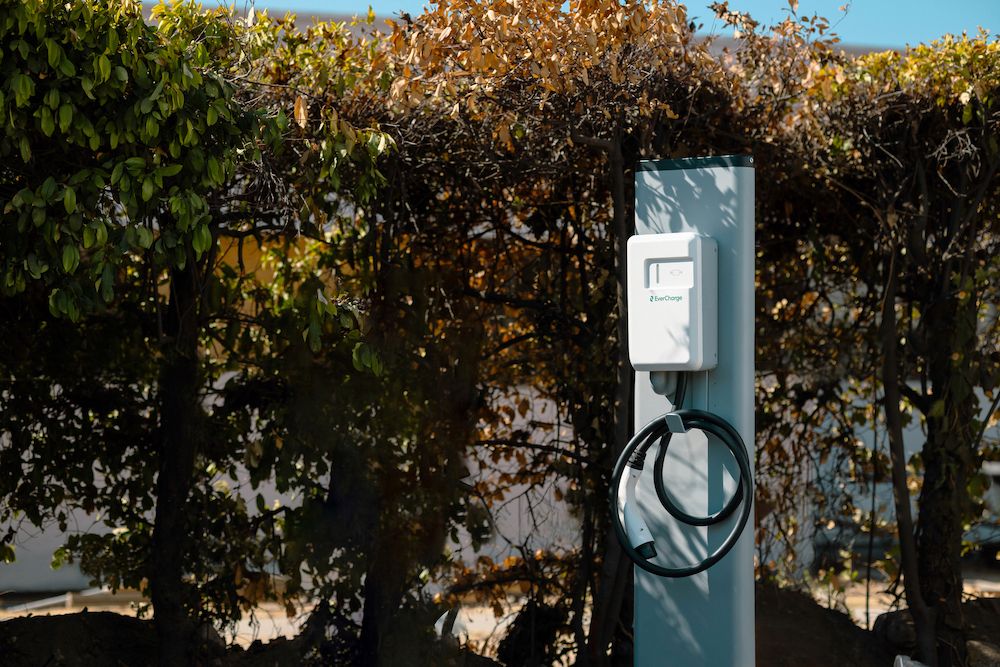Over the past two years, the federal government has allocated billions of dollars in funding to electric mobility and clean transit technologies. One of the most notable commitments is the Bipartisan Infrastructure Law (BIL), which allocates a total of $7.5 billion to build out a nationwide network of 500,000 convenient, reliable, and affordable electric vehicle (EV) charging stations along highway corridors and within communities.
It’s a complex piece of legislation, and with a new round of funding now open for applicants, we’re here to break things down and explain what it could mean for you and your business.
The BIL’s $7.5 billion can be split into two main categories:
- $5 billion is allocated to the National Electric Vehicle Infrastructure (NEVI) Formula Program to develop and construct high-speed charging along designated Alternative Fuel Corridors, particularly along the Interstate Highway System, to facilitate long-distance travel.
- $2.5 billion is allocated to the Charging and Fueling Infrastructure (CFI) Discretionary Grant Program, which will hand out funds to cities, counties, regional governments, and tribes to help deploy clean energy fueling systems for their communities.
The CFI’s $2.5 billion can then be split further into two sub-categories:
- $1.25 billion will go to the Community Program to deploy charging infrastructure in communities, with an emphasis on low-income and underserved communities, as well as communities with a high ratio of multi-unit housing.
- $1.25 billion will go to the Corridor Program to deploy charging infrastructure along designated alternative fuel corridors (AFCs).
The first round of CFI funding – both the Community and Corridor Programs – is now open for applicants, making up to $700 million from fiscal years 2022 and 2023 available.
If you fall into any of the below categories, you are eligible to apply:
- States or political subdivision of states
- Metropolitan Planning Organizations (MPO) – the policy board of an organization created and designated to carry out the metropolitan transportation planning process. MPOs are required to represent localities in all urbanized areas with populations over 50,000, as determined by the U.S. Census. Examples include Associations of Governments, Councils of Governments, or Transportation Commissions.
- Unit of local governments – examples include cities, towns, or housing authorities.
- Special purpose districts or public authorities with a transportation function, including port authorities – examples include port authorities, operators of public transportation, or air quality boards.
- Indigenous tribes
- U.S. Territories
- Authorities, agencies, or instrumentalities or entities owned by one or more entities listed above
- Group of entities listed above
- State or local authorities with ownership of publicly accessible transportation facilities (applies to the Community Program only)
We’re here to help:
At EverCharge, we’re experts at helping our multi-unit, commercial, and fleet partners deploy charging ecosystems that will seamlessly scale to support both current and future demands – and we’re already hard at work to support regional funding projects.
Our decade-worth of experience in the industry means we’re ready to help you navigate the challenges of the grant application process to submit a successful bid to future-proof your business.
Simply reach out to charging@evercharge.com or give us a call at 888.342.7383 to get the process started.



